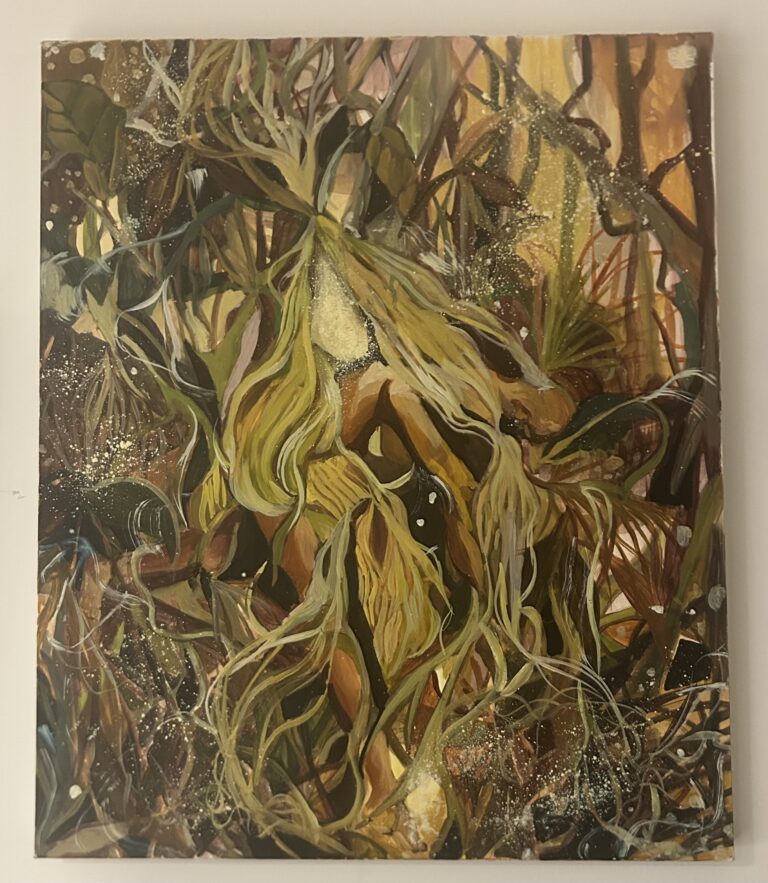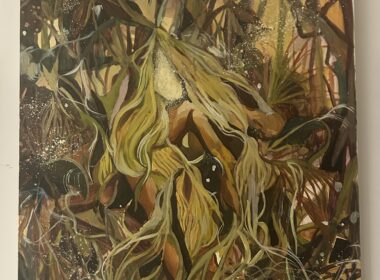The Mississippi Museum of Art (MMA) will present Maude Schuyler Clay: Portraits of a Place, an exhibition of nearly 100 photographic works by the artist from the early 1980s to the present, including intimate family portraits, still-life images of fruit, haunting landscapes, and glass plate images taken by Clay’s grandfather, Joseph Albert May. Judge May was a photo hobbyist and influence on Clay’s career. The glass plates shown for the first time in an exhibition document the agrarian lifestyle of the 1920’s Mississippi Delta. Portraits of a Place will also feature select images of Clay’s Highway Memorial Series. A fifth generation Mississippian, Clay records local history as a visual archivist, capturing domestic, agricultural, and civic subjects unique to the Mississippi Delta—a section of the state known for an array of cultural traditions.
|










